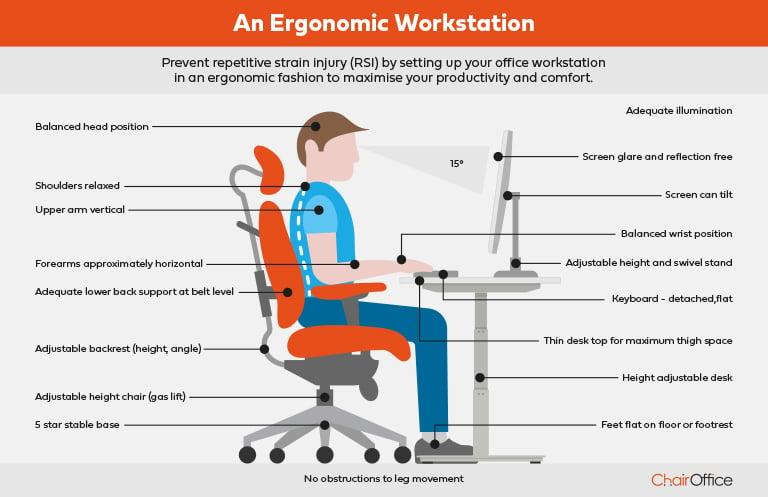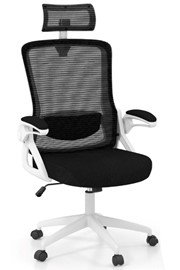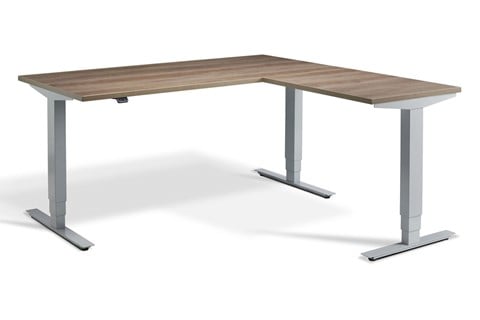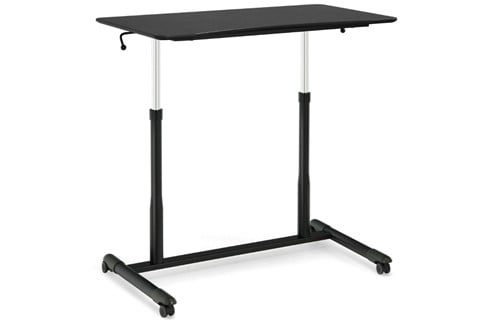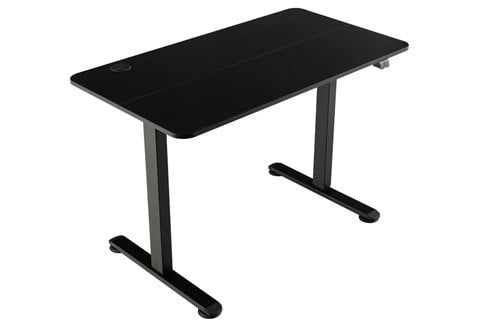What Can Cause Repetitive Strain Injuries?
It is possible for repetitive strain injuries to occur from performing a repetitive task in the wrong way, e.g. carrying heavy loads on one side of your body or remaining stationary for long periods whilst working at a desk.
However, these injuries can still occur if you are performing your task correctly. A repetitive strain injury can be caused if you are trying to do a lot of repetitive work in an unbroken period. This leads to one part of the body performing repetitive movements more than others, which can cause pain, inflammation and can lead to RSI.
Some typical activities that can lead to RSI are:
- Using a computer mouse
- Typing on a computer keyboard
- Working on an assembly line
- Playing a musical instrument
- Grasping tools
- Maintaining the same posture for long periods of time
If your day to day work has the possibility of increasing your chances of developing a repetitive strain injury, it's a good idea to start thinking about ways to prevent it. You should also talk to your employer about this issue and discuss if there are any ways to make your repetitive tasks easier.
The exact reasons why RSI actually establishes is unclear within the medical industry. Also, it is still not clear why some people develop RSI over time during repetitive tasks, and others doing the same tasks do not develop it.
It has also been suggested that physiological workplace factors can contribute to RSI. This normally means stress at work which can increase muscle tension and/or affects how the body feels pain in general.

